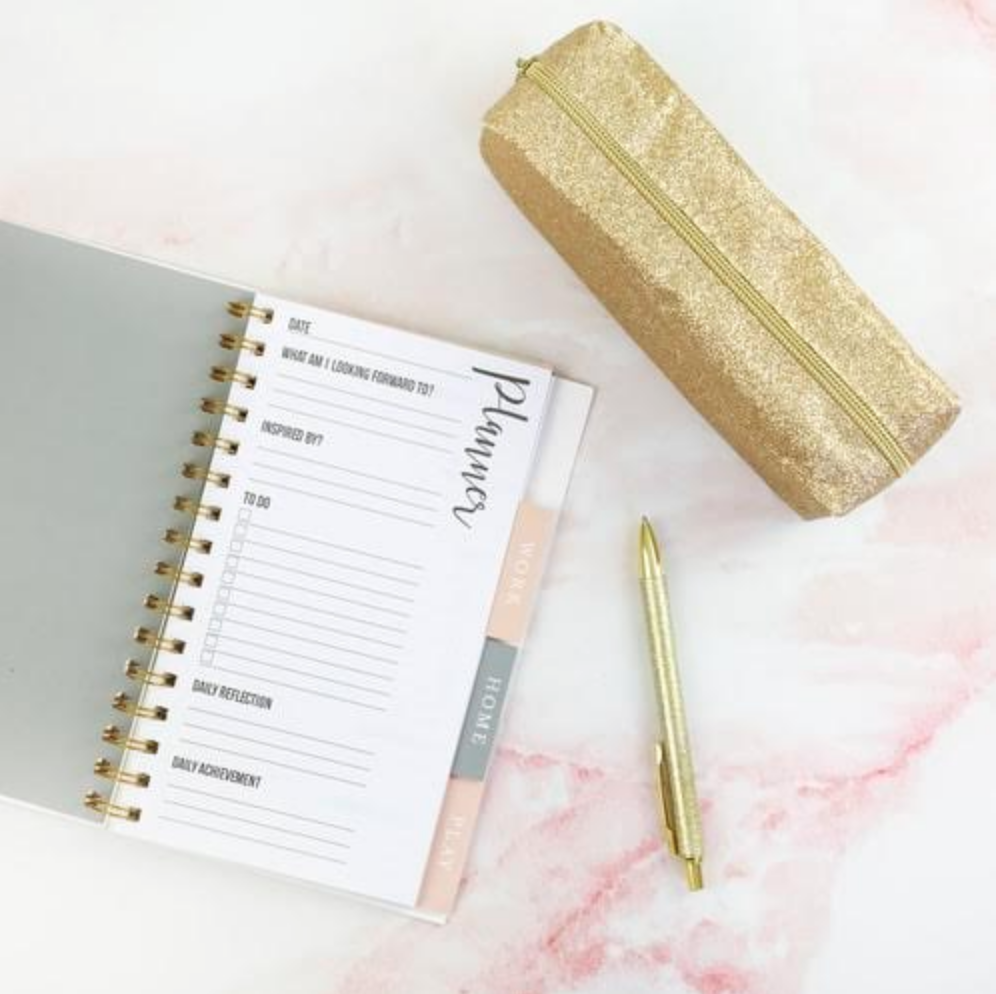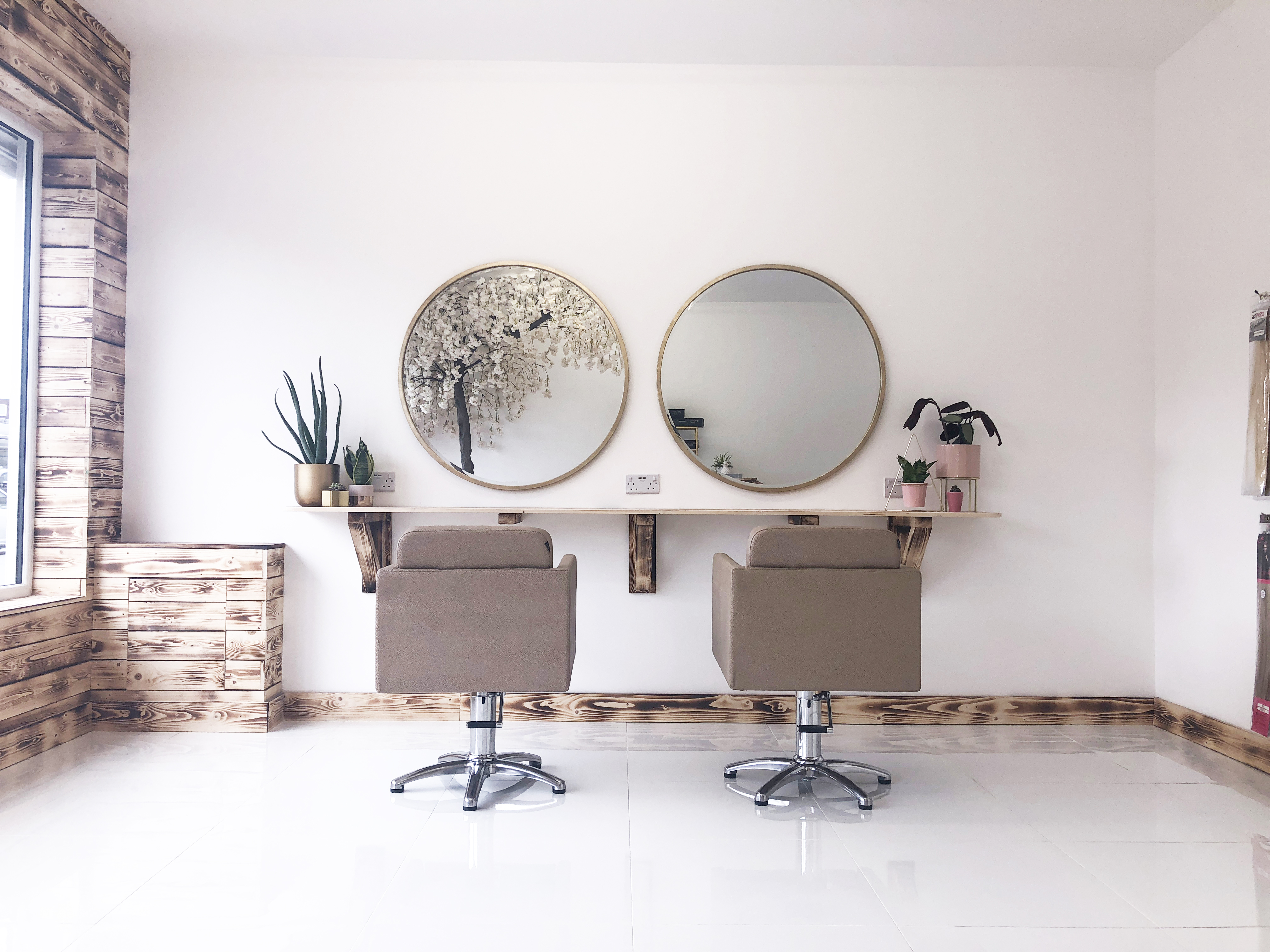
Life as a self-employed hairdresser can be enjoyable. You have freedom, you get to choose your clients, and most of all you get to do what you love for a living. There’s a reason why hairdressing ranks highly in the index of happiest professions. But it’s important not to forget about the more ‘mundane’ side of things. Things like tax returns and bookkeeping. To make your life a little easier when it comes to these tasks Salons Direct has created this guide to expenses and bookkeeping for hairdressers.
Starting out
If you’re reading this as a complete newbie to the world of self-employed hairdressing, then the first thing you’ll need to do is make sure you are set-up correctly. The quickest and easiest way of getting started is by registering with HM Revenue & Customs (HMRC). It’s important that you do this as soon as your income (not profit) goes over £1,000 during a tax year (the tax year runs from 6th April to 5th April). You’ll need to have registered by the 5th October following the end of the tax year you went over the £1,000 threshold.
There are other ways of setting yourself up, such as limited companies or as a partnership, however these generally involve a lot more administration, reporting and you’ll need to engage an accountant.
Before you decide on which course of action to take, it is advisable to consult with an appropriate, independent expert.
Record, record, record
Once you’re set up and working as a self-employed hairdresser, it’s really important that you keep up to date with your bookkeeping. The amount of tax that you will owe at the end of the financial year will be based on your profits (which is your earnings minus your outgoings).
The best way of tracking all of this financial information is to make bookkeeping a habit. Schedule it into your diary on a regular basis so that you don’t fall behind. You can do this manually using a spreadsheet, or if you prefer there are a whole host of different apps and softwares available that take care of some of the time consuming manual processes. Here at Salons Direct, we offer Simple MTD VAT Filer software which can help you get your tax right and stay on top of everything. We also offer a whole host of stationery items that’ll on track and well organised.

Your invoices and personal paperwork
It may seem a pain, but you should keep a copy of each invoice you send to your clients as well as all your receipts for both incoming and outgoing payments. If you’re not sure how to layout an invoice, there are many free templates available to download online.
Make sure that you keep a file where you can store all of these invoices and receipts. It’s generally recommended that you file your paperwork based on the month it was received or issued, but feel free to use whatever system works for you.
The most important thing is that you can access your paperwork as and when you need it. Why? Because as someone who is a self-employed sole trader, you are legally required to keep the records that relate to your income for at least 5 years and ten months after the end of each tax year.
With all of your records retained and filed away, you’ll have a much easier time completing your Self Assessment tax return.
A note on your income
Before you begin completing your Self Assessment tax return, it’s important to remember that although you may be operating as a business (and your income will be based on the profits of your business), the government counts your Self Assessment tax return as a personal one.
This means you need to include any other relevant information about your income. For example, if you were working as a PAYE employee in the same year that you became a self-employed hairdresser, you will need to provide information on this. You should be able to find all of this relevant information in your P45 and P11D which your employer should have given you when you left.
What expenses can a hairdresser claim?
Having read the above, we hope you now have a better understanding of the importance of bookkeeping and keeping comprehensive and accurate records of your income and expenses.
But, you’re probably now asking yourself what sort of expenses you can legitimately claim? We’ve all heard stories about people trying to claim for ridiculous or outlandish items in their tax returns. Whilst it may be tempting, it’s really important that you only claim for items that are deemed legitimate by the UK tax authorities.
So, what expenses can a hairdresser claim? Below you’ll find some of the most common examples.
Materials and equipment
Like any profession, hairdressers know how important it is to have the right tools of the trade. They’re literally your livelihood!
Unlike in-salon hairdressers, we know that self-employed hairdressers will own a considerable amount of kit so they can offer as many different treatments and options as possible to their clients. From essentials such as scissors, shampoos and hairdryers, through to more specialised colouring and styling equipment, these are all legitimate items that you can include as expenses in your tax return.
In addition to the purchase of these items, you can also claim back the costs of repairing, replacing or upgrading them. Like the other items that you’ll see in this article, make sure you keep the receipts!
Training
Hairdressing is an ever changing industry; keeping your skills up to date is really important if you’re to stay relevant and in-demand by your clients.
But don’t worry if you do want to attend any training or complete any courses. You can claim these back as legitimate expenses in your tax return, with one condition; they must be directly relevant to your business.
Training and courses that cover topics such as styling, colouring, or dealing with different types of hair, as well as official qualifications all fall within the legitimate expense category. If you have to travel to any of these training courses you can also deduct the cost of travel and accommodation (just be sure to keep any receipts, tickets, and make a note of your car mileage if applicable).
Insurance
If you work with the public then you really should have insurance, and hairdressing is no exception. Although it’s not compulsory, it’s highly recommended that you have it, just in case the worst happens…
As you’ll be aware, hairdressing often involves the use of hazardous chemicals, sharp objects and electrical equipment (unusual fact – in Greece, hairdressing is actually classed as a dangerous occupation). Insurance will ensure you are covered should an accident happen to either yourself or your client. Insurance can also help if you find yourself unable to work for an extended period of time.
Obviously, you’ll want to keep your insurance documents in a safe place should you need them, but they’ll also come in handy if you need to prove your expenses at any point in the future.

Chair Fees
Not every self-employed hairdresser wants to spend their time travelling between their client’s homes. Instead, some choose to rent a chair in a salon, benefiting from the location and environment that comes from working in a salon (it also saves the expense of having to buy or rent their own salon).
Although renting a chair in a salon does have those benefits, it can also be a major expense for many self-employed hairdressers, which makes it all the more important that you claim, and claim accurately, for this expense in your tax return.
Chair rental agreements do vary from salon-to-salon. Some salons will take a percentage of your takings which of course can vary from week to week. So, it really is important to be keeping accurate records.
Travel Expenses
At the other end of the spectrum to salon-based hairdressers, there are those self-employed hairdressers who choose to spend their days travelling from client to client. If that’s you, then you can claim certain travel expenses against your profits on your tax return.
There are several different transport options on which you can claim expenses. Public transport, driving your own car, or being a passenger in another person’s car are all forms of transport which can be claimed against. But, like many of the other expenses listed here, you can only claim if the journey is for the purposes of work.
If you tend to mix personal journeys with professional ones, then you must only claim for the miles undertaken for work purposes. The easiest way of doing this is to keep a notepad and pen in your car and noting your business-based mileage as soon as you’ve completed your journey.
Claims for travel expenses can be made on a per mile basis. This makes it far easier than the alternative which would involve figuring the costs of wear and tear, fuel, insurance and consumables. Instead, for the first 10,000 miles travelled in your car you can claim 45 pence per mile. Beyond that, you can claim 25 pence per mile. In the unlikely event you travel by motorcycle to see your clients, you can claim 24 pence per mile for your total mileage over the course of the tax year.
Clothing and Protective Equipment
If you wear a uniform whilst you are working, then you are entitled to claim back the cost of this as a business expense. Importantly, given the new working environment post Covid-19, you can also claim back the cost of any PPE or other protective items you need to do your job.
You can also claim back the cost of laundering your uniform and any other work-related items such as capes and towels. However, there is a limit to how much laundry you can claim. HMRC recommend using the nationally agreed flat rate of £60 (if you are unable to calculate the exact amount).
One last thing. When HMRC say uniform, they mean uniform! You cannot claim for any ordinary clothing; only uniforms.
Utilities
Do you use your mobile for work? You can claim the costs of this against your tax bill. Perhaps some of your internet use is for work purposes? If you can figure out what proportion is for work, you can claim this. Do you operate from your own home? In that case you can claim for the costs of heating, lighting and water (proportional to the amount used for your work).
These costs can add up, so it’s important to give them serious consideration when completing your tax return.
Professional expenses
If you’re a member of a professional body such as the National Hairdressers’ Federation or an institute such as the Hairdressing Council, the cost of your membership can be included in your expenses (provided the body or institute is recognised by HMRC).

Marketing or Advertising
Word of mouth has been a traditionally very popular (and successful) marketing tactic for many self-employed hairdressers. However, the world is moving increasingly online, a trend which has accelerated during the Covid-19 pandemic. With that in mind, you may wish to invest in a website and perhaps even take out some Google adverts. If that’s the case, then you can claim the cost of these within your tax return. Things like hosting, domain name registration, web maintenance are all items that can be claimed.
Accountancy Fees
Although it’s not compulsory to use an accountant, many self-employed hairdressers choose to use one for the sake of convenience. A good accountant can help you manage your business finances and remove the burden of some of the more boring business administration tasks.
But, there’s also another benefit to using an accountant. Not only can you include the cost of their fees as a deduction in your expenses, but an accountant can usually help you identify any claimable expenses that you might have missed. They can also offer advice on what expenses will be classed as legitimate (or not) by HMRC.
Get tax return ready
Make sure you bookmark or save this page, so that when you get ready to complete your Self Assessment tax return you’ll have a clearer idea as to what records you should be keeping and what kind of things you can legitimately claim on your expenses.
If all this talk of expenses has got you thinking about new equipment, why not explore our range of salon consumables, salon essentials or salon equipment?
Disclaimer:
As with all things tax related, we strongly recommend that you seek the advice of an independent expert if you are unsure or require any further information regarding your tax return.


